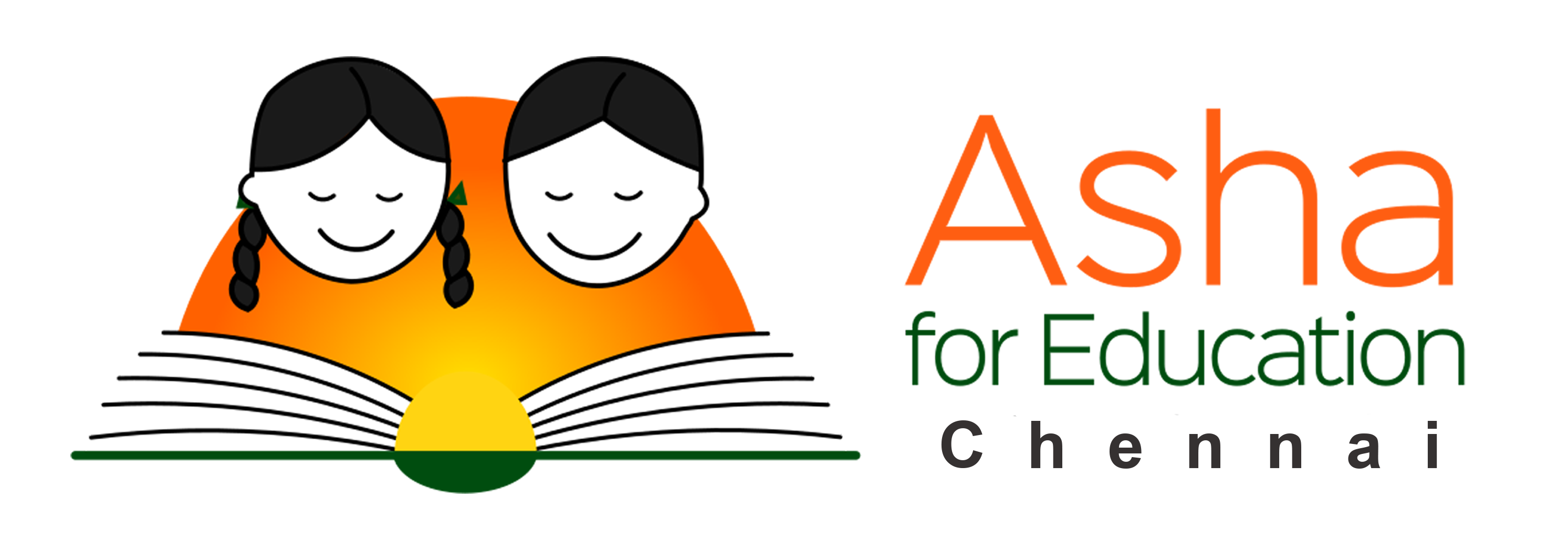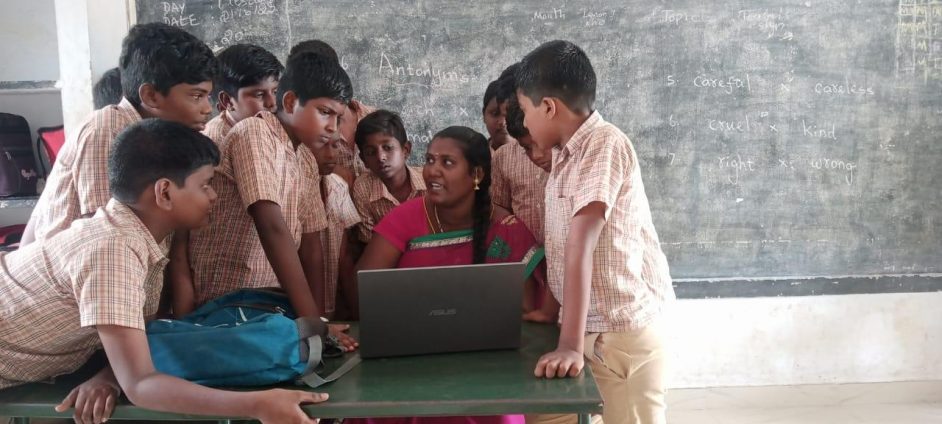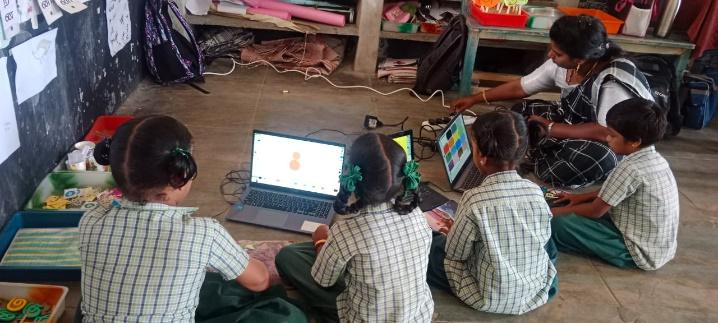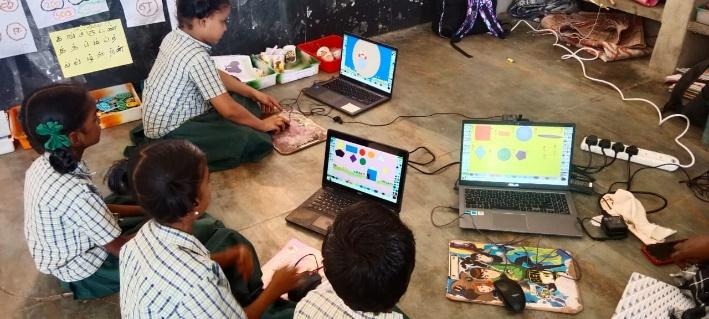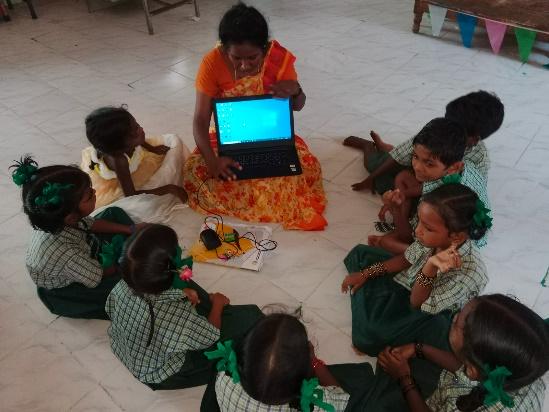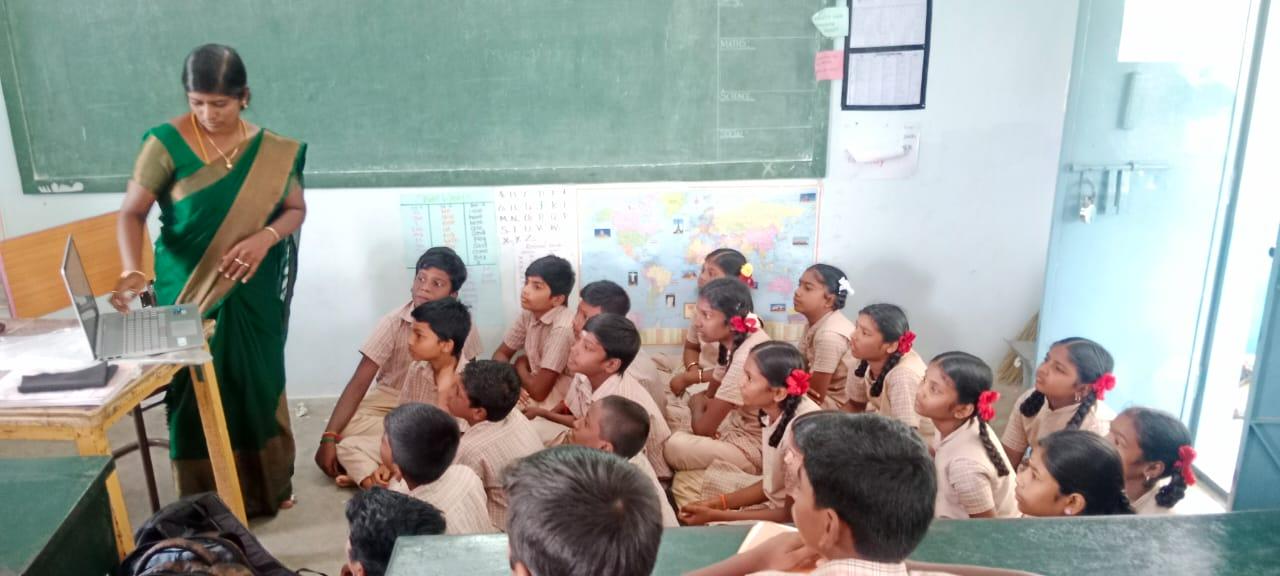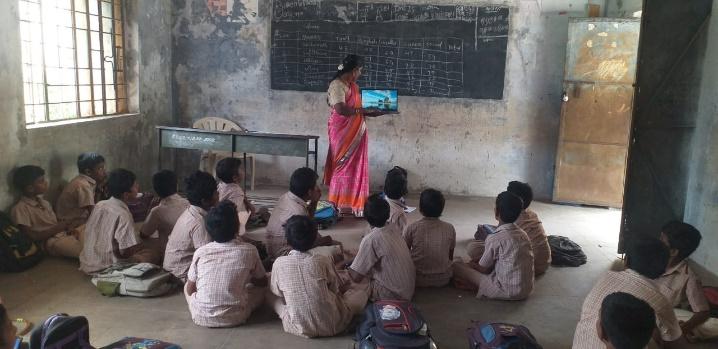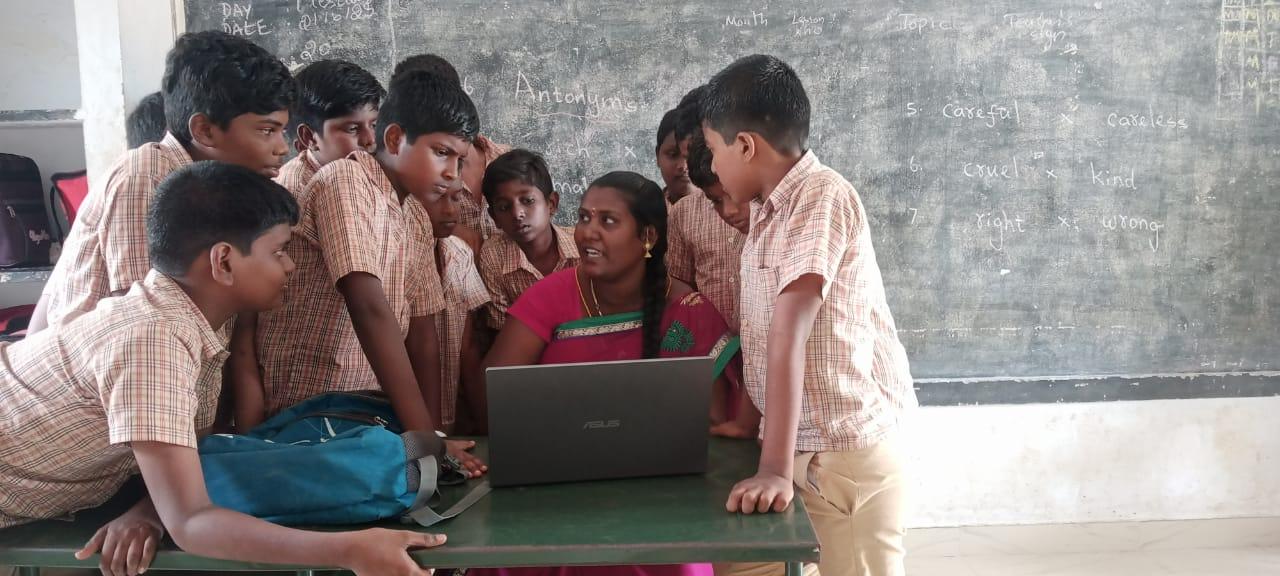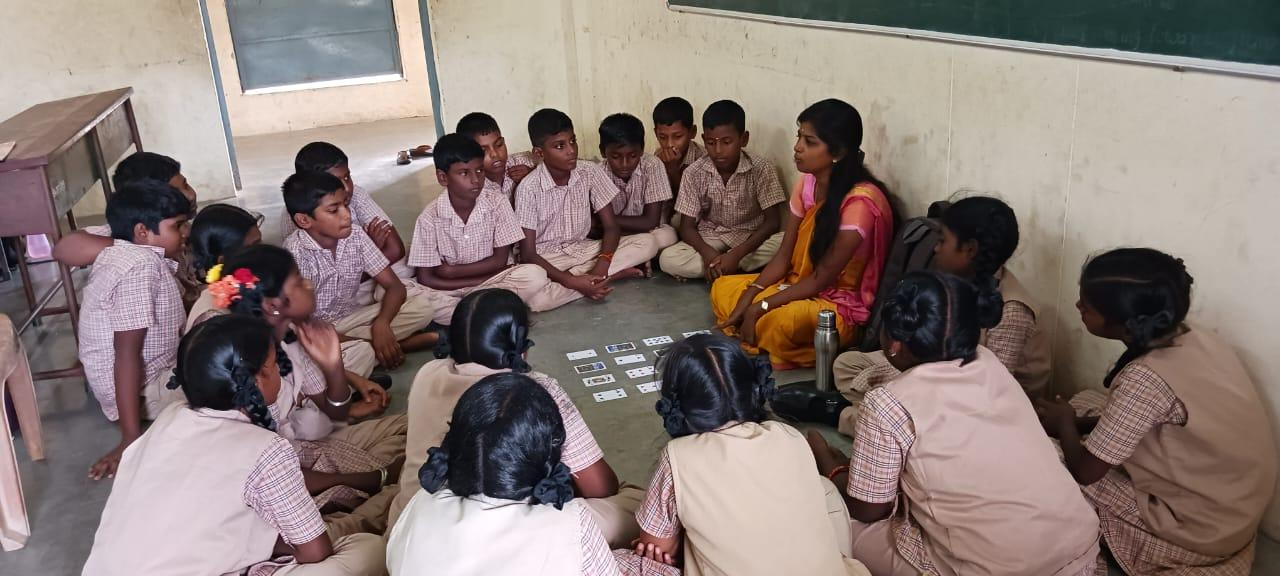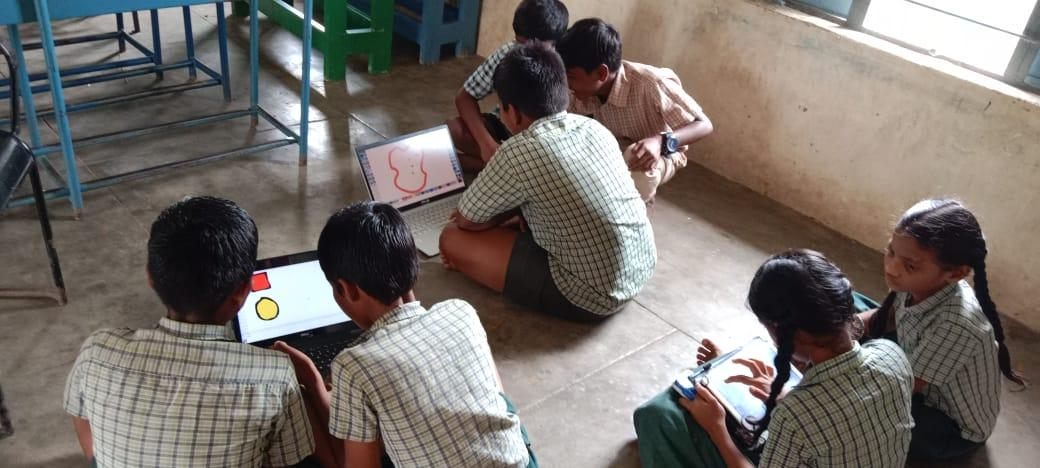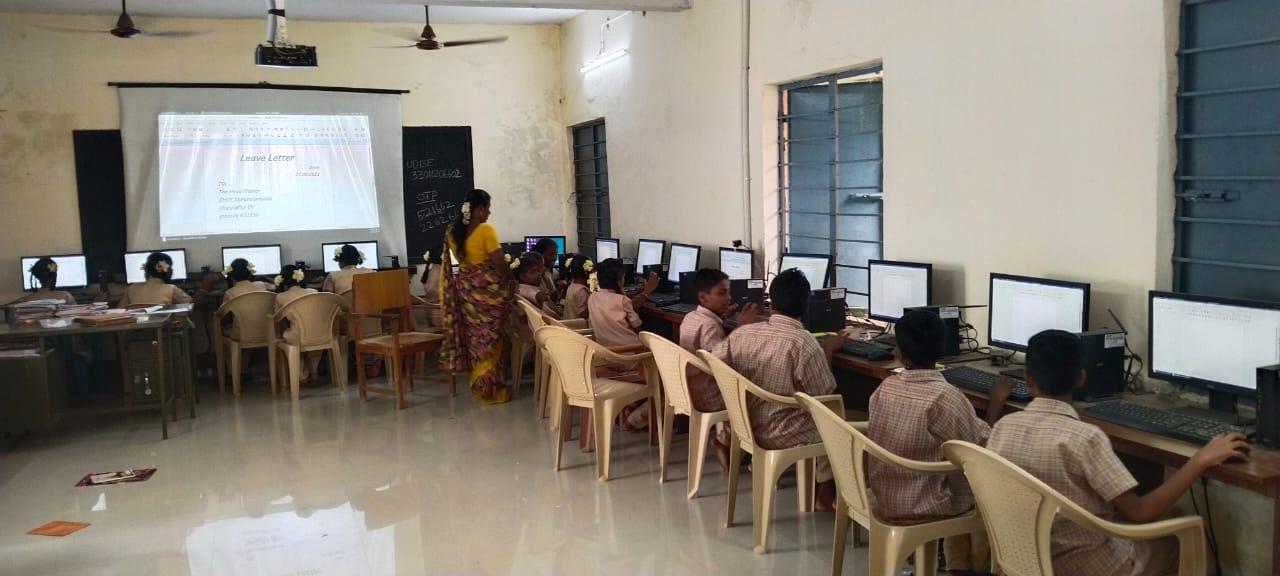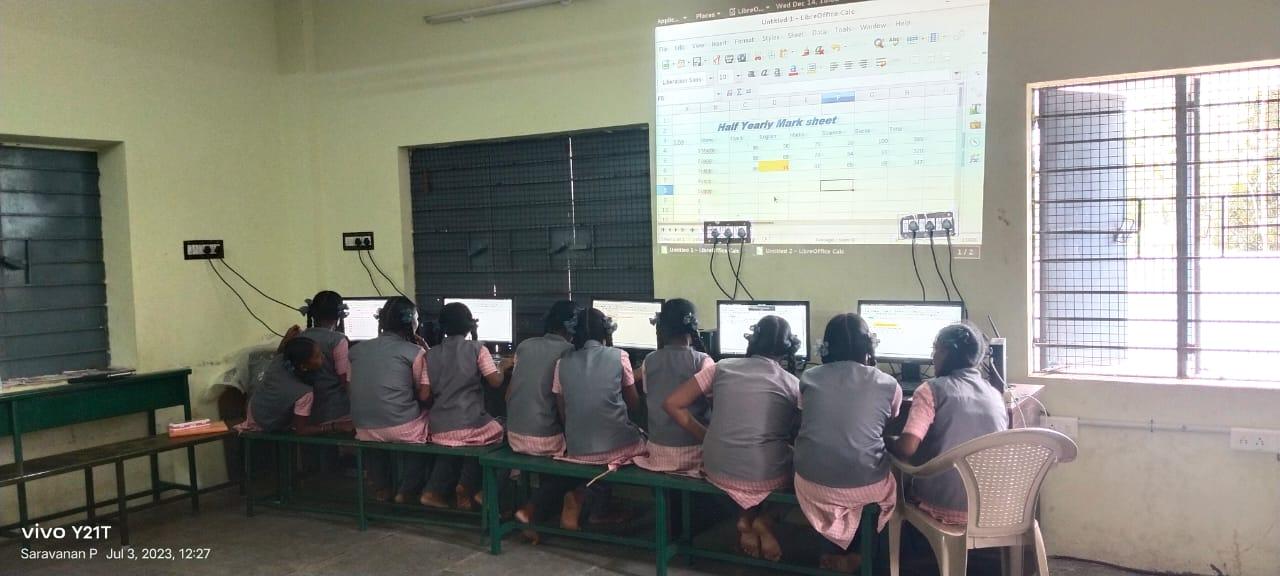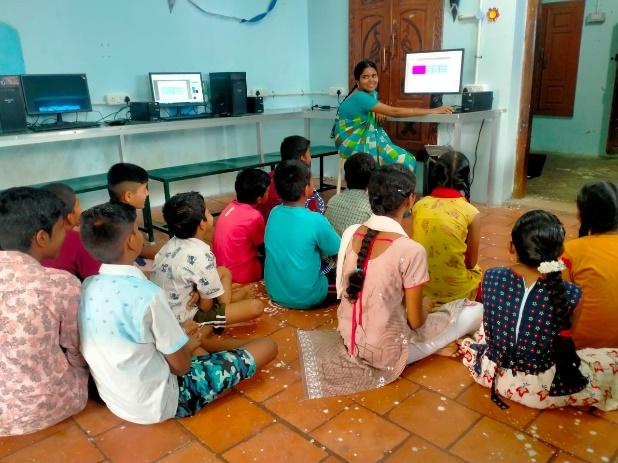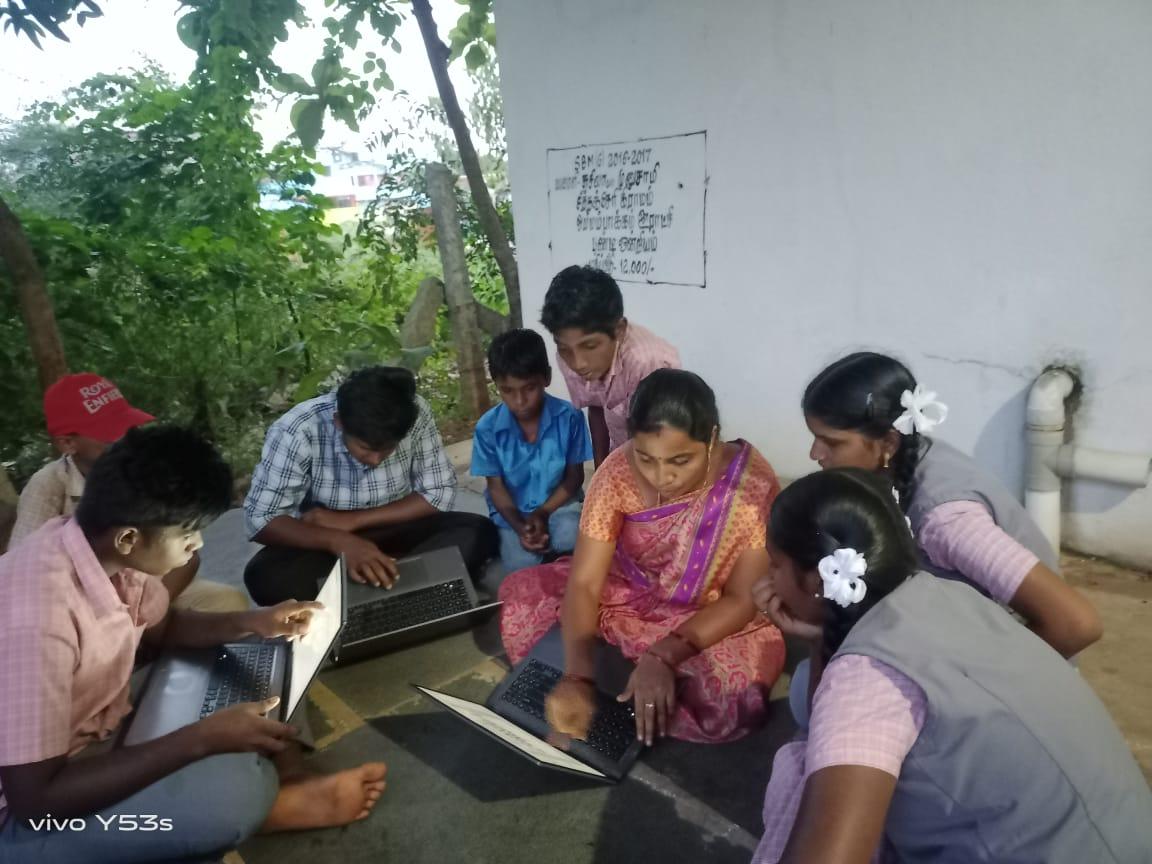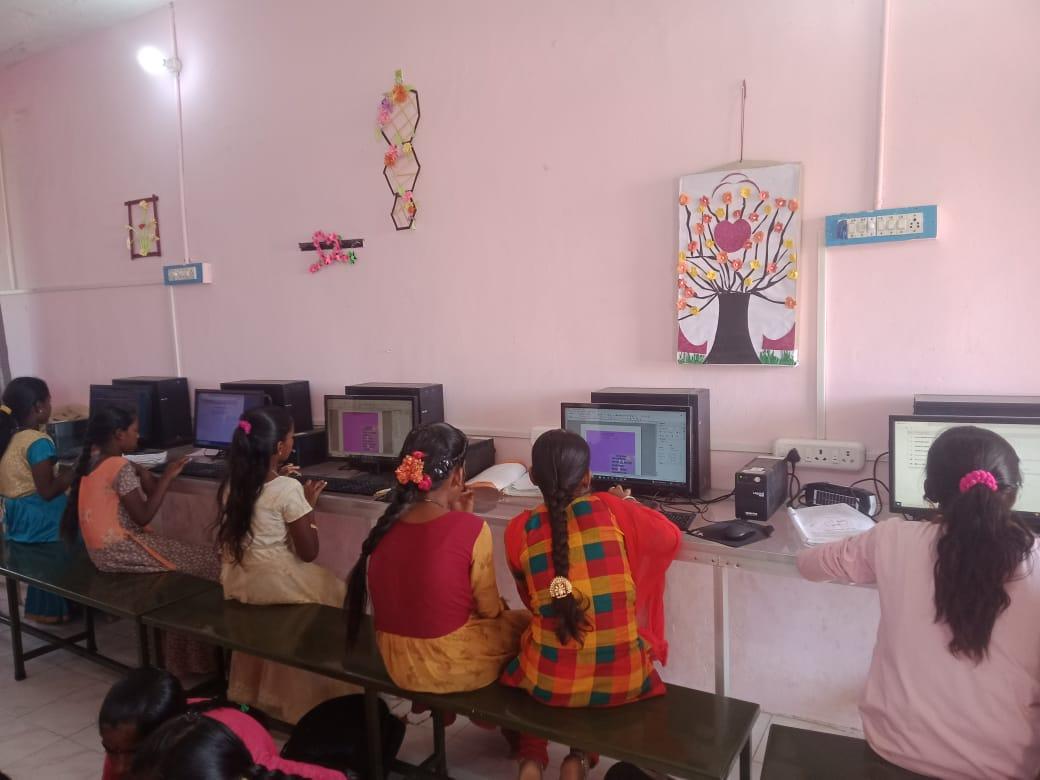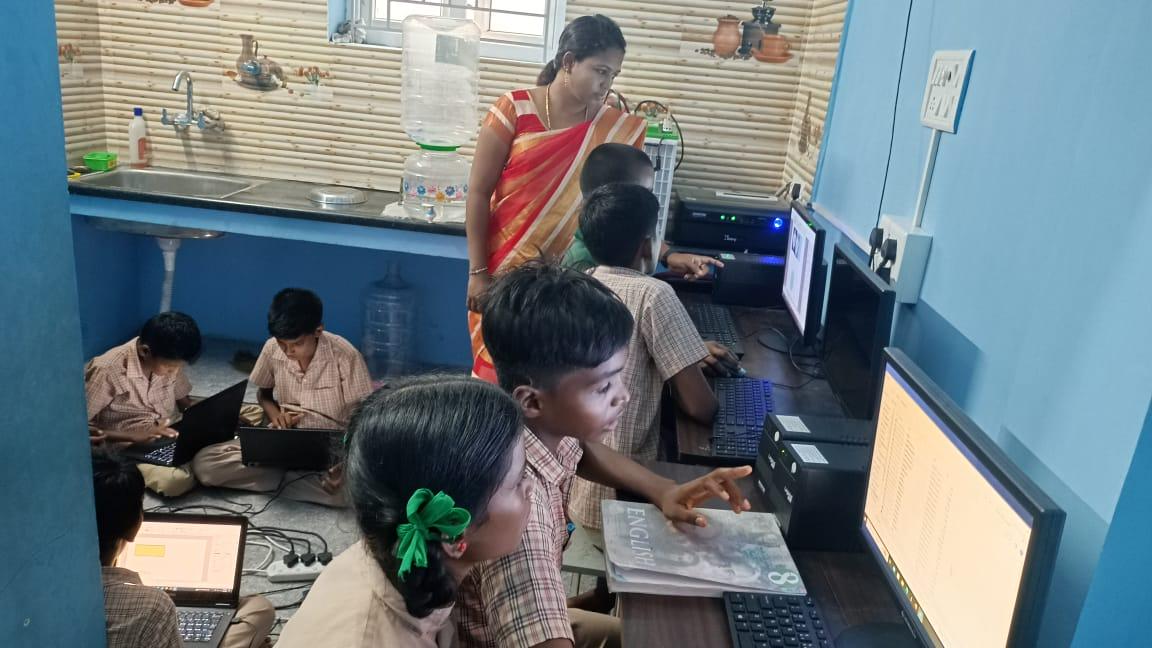Asha Chennai Tamilnadu Government Partnership
Asha Chennai has entered into an MOU with the education department of Govt of Tamilnadu on 22nd Sept 2023 to work with 50 teachers in 50 government schools to facilitate a one year computer science curriculum to any one class of students from 6th to 9th standards. The project will be funded by Amazon under its Amazon Future Engineer program. The project will serve as a pilot to take computer science education to all children in Tamilnadu.
The MOU also authorizes Asha to continue delivering computer science education through a more detailed curriculum for classes 1 to 8, provide a flavour of computer science to class 6 to 9 students through a set of curated one hour activities and to provide a more detailed CS education to children in classes 6 to 9 to then enable them to take more advanced courses in our centres for free.
Here are the details.
Background
Asha Chennai has been teaching Computer Science to children through various initiatives.
Curriculum for Primary and Middle School Students
This is our oldest program which we have been implementing since 2014 and which currently serves 160+ schools in Tamilnadu and 10+ schools in UP. 100 of these schools are supported by Amazon. Our teachers teach a detailed 8 year curriculum starting from mouse and keyboard familiarity in classes 1 and 2, to office software in classes 4 to 6 and moving on to programming for classes 6 to 8. Our teachers also use the contents in Asha Kanini to teach the children Computer Science using technology.
Exposure to Computer Science for 6th to 9th Std Students
Asha has been implementing the Amazon Explore program at 250+ schools spread across 4 districts in Tamilnadu. This provides 5 independent one hour activities to the students every year to expose them to different aspects of computer science. While the original Amazon Explore program was focussed on programming activities, Asha expanded it to include activities related to digital literacy as well.
Higher Secondary School program through our Rural Technology Centres
In partnership with IITM Pravartak, Asha runs 7 Rural Technology Centres (RTCs), five in Thiruvallur and two in Thoothukudi districts. These RTCs are paired with one or two high/higher secondary schools. Our RTC teachers visit these schools and teach all children in classes 6 to 9 the basics of digital literacy and programming. Then interested children (including children from other schools) are given the option to take one of several advanced courses for free. These include web development, Javascript Animations, Physical Programming, Media editing, Robotics etc.
Reaching this to All Students
Through this MOU that Asha has entered into with the Government of Tamilnadu, Asha gets the necessary permission to conduct these above initiatives in all the districts of Tamilnadu where they are operational. But beyond these, the most important aspect of the MOU is the new project which takes Asha Chennai also in a new direction. It provides for training 50 to 60 government teachers working in as many schools to teach a one year Computer Science curriculum to students in any one class between 6th and 9th standards.
Tamilnadu Government has recognised the importance of children learning computer science. We are entering an era where digital literacy is going to be as important for people as literacy and numeracy. Computer Science has been available as a stream in classes 11 and 12 for several decades. One basic lesson in computer science has also been included in every term as part of their Science curriculum for classes 6 and above.
However there is a need to introduce a practically oriented curriculum to provide deeper exposure to both digital literacy and programming. That is where this pilot program implemented by Asha comes in. A good practically oriented curriculum that can be executed by motivated teachers without a degree in Computer Science and where the children demonstrate a strong knowledge of Computer Science at the end will be a very good program to introduce to all of Tamilnadu’s students. This is precisely what Asha aims to demonstrate through this pilot program at 50 schools.
From Asha’s perspective, this provides us the opportunity to take what we have learnt through all our previous programs and scale that to reach all the students. Amazon’s funding of this program through their Amazon Future Engineer program paves the way for achieving this.
Timeline, Evaluation and Monitoring
As the MOU got signed only by early Oct, we are planning to stretch the program across two academic years.
| Oct 2023 | Identify the schools and train the teachers. |
| Nov 23 to Sept 24 | Teach the 36 weeks of lessons. As this is the first year, this provide us the leeway to see if some of the lessons are taking longer to implement. |
| Oct 24 to Feb 25 | Children will work on their projects and submit the same. |
| Feb 25 | Assessments will be conducted to evaluate the learning of the students. |
| Feb/Mar 25 | Evaluate these projects, train the selected teams to present their projects on a stage and hold Asha Impressions to recognise the best teams. |
Output of the program will be evaluated by the following,
- Attendance record of the students in each school for the computer science classes.
- Record of Asha teachers visits to the schools.
Outcome of the program will be evaluated by the following.
- Assessment of the students.
- Projects submitted by the students.
- Satisfaction survey of a sample of the school HMs.
The MOU commits Asha to employ similar standards of evaluation and monitoring of the output and outcome of our other programs.
Principles and Pedagogy
As an organisation formed by volunteers, everything Asha does has been driven by the vision of improving education for the underprivileged and this project helps us take that vision further. In several key ways our principles and views on pedagogy guide these initiatives for computer science education as well.
Not a Remedial or Gifted-child Program
Remedial programs label slow learners and find strategies suitable for them. Gifted-child programs also similarly aim for solutions for those who perform well. Both of them have a serious impact on the children’s mind through Golem and Pygmalion effects.
We think a broader pedagogy that employs all senses addresses both weaker and stronger students. Self-learning strategies for younger children also work only where there are motivated parents to guide the learning of the children. A teacher driven instruction combined with free format projects which allows the children to work at their level of capability we believe works the best.
Learn by Doing
A practical subject by computer science must be taught practically with the children getting as much opportunity as possible to try what they are learning on computers. Infrastructure at the schools becomes a challenge. However Tamilnadu education department has equipped most of the schools with a HiTech lab with one server and 10 or 20 clients. We will be using these for our course. Where these are not available, we hope to equip the schools with used computers from Amazon.
Goal-Driven and IntensiveLearning through Projects
Mastery learning is not required and in fact becomes detrimental to education in many subjects and esp. Computer science. For subjects such as these, a basic minimum covered through instruction followed by an involved project works much better. Note that the project work is not merely an evaluation tool but is a very important pedagogical tool. When there is a need to learn and apply certain concepts, children retain what they learn much better. This is the thought behind goal driven learning.
Further some of the deeper aspects of computer science like bug fixing,choosing between multiple ways to achieve the same end, importance of backing up etc. cannot be taught through any amount of teacher driven instruction. These are only encountered and learnt through intensive learning through project work. Our courses emphasize this as well.
Our Hope
Through this MOU we hope to define a path to take computer science to all the students of Tamilnadu. It provides Asha a great opportunity to scale up our work from where we are and use the knowledge we have gained so far. We also hope to spread some good ideas on education through our computer science curriculum and course to how education is handled for all subjects.
